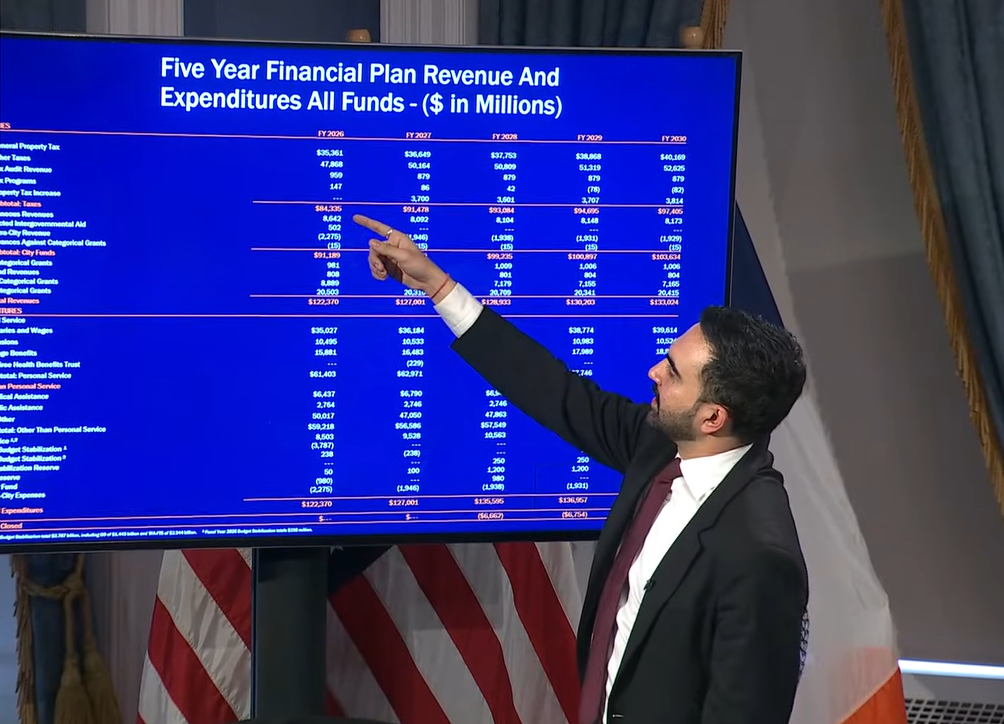April 15 — Today is the income tax filing deadline, when many Michigan residents vent about Uncle Sam after calculating exactly how much of their yearly earnings went to Washington, D.C.
But this year, Gov. Rick Snyder is getting much of the blowback as tax changes he pushed through the Legislature in early 2011 — such as taxes on pension income and reductions in the Homestead Property Tax Credit — are affecting Michigan tax returns for the first time.
“The bottom line is, they took money out of my wallet and now I can’t spend that money,” said Ken Good, 59, of Brownstown Township, a retired autoworker whose pension is taxed as a result of the 2011 changes. By taxing pensions to help fill a hole created by a $1.8-billion business tax cut, Snyder was “just helping his Republican buddies,” Good said.
The anger is real. Whether it’s only temporary, or profound enough to hurt Snyder’s re-election chances in 2014, is less clear.
Snyder’s popularity plummeted two months after he took office when he unveiled a 2011-12 budget that included the pension tax, along with the elimination or reduction of popular tax credits and deductions, such as the state’s earned income tax credit for low-wage workers.
But by last fall, amid a slowly but steadily improving economy, his poll numbers had climbed back to record highs above 50%. Then came the frenzied lame-duck legislative session in December, with its rushed passage of the controversial right-to-work law, that sent Snyder’s support crashing again.
Who is to say he won’t again be riding high in the polls a year from now?
“Things change,” said Lansing pollster Bernie Porn, president of EPIC-MRA. However, pushing a pension tax he never talked about in the 2010 election campaign, then backing right-to-work after saying it was not on his agenda play on the question of Snyder’s trustworthiness and truthfulness, Porn said.
“That’s what campaigns are made about,” Porn said.
Richard Czuba, a Michigan native who is president of the Chicago-based polling firm Glengariff Group, said how voters perceive the state of the Michigan economy in 2014 — not actions taken by the Legislature in 2011 or 2012 — will be the primary factor in whether Snyder gets re-elected, should he choose to run again, as expected.
Czuba noted that former Democratic Gov. Jim Blanchard faced severe voter anger after raising personal income tax rates during his first year in office in 1983, but easily coasted to a re-election victory in 1986.
“It’s important to not get caught up in the machinations of Lansing in assessing how the public views performance,” Czuba said.
The fact no clear Democratic challenger has emerged also works to Snyder’s advantage, because of the extreme difficulty of unseating an incumbent governor, he said.
Blanchard was the last incumbent governor voted out, when he sought a third term in 1990 and lost to John Engler. The last Michigan governor not elected to a second term was Democrat John Swainson, voted out in 1962.
Duane Culver, owner of Culver CPA Group in Grand Rapids, said most of his clients adversely affected by the 2011 income tax changes were surprised.
“Very few of them were up to speed,” and one change alone — no longer qualifying for the homestead credit — is costing some couples as much as $1,200, Culver said.
“Who are they blaming? Gov. Snyder,” he said.
Snyder said Tuesday that the feedback he gets about the tax changes isn’t all negative. He said he heard of one businessman who no longer had to pay the Michigan Business Tax — which the Legislature abolished — and used the savings to buy health insurance for all his employees. “That’s really cool,” Snyder said.
“A lot of this is for the long-term benefit of Michiganders; thinking about our kids, and being fair to one another in terms of how we have a tax system,” he said.
Democrats, who oppose the pension tax and other changes, were seeking to capitalize on the issue as the tax filing deadline approached, with House Democrats planning an event at noon today at a Sterling Heights post office where residents will be mailing last-minute filings of their returns.
Last week, Senate Democrats tried unsuccessfully to move their bill to repeal the pension tax out of committee and onto the Senate floor.
But not all Michigan residents are incensed about the tax changes.
Jesi Smith of Rochester Hills and her husband, Brad Smith, were still compiling their tax documents Friday to take to their accountant. They said they are expecting a smaller refund. For one thing, their five children — between the ages of four and 14 — are no longer eligible for exemptions of $600 each.
“You have to balance the budget,” Smith said. “I don’t mind biting the bullet so my kids don’t have to.”
———–
Copyright 2013 – Detroit Free Press
Thanks for reading CPA Practice Advisor!
Subscribe Already registered? Log In
Need more information? Read the FAQs



